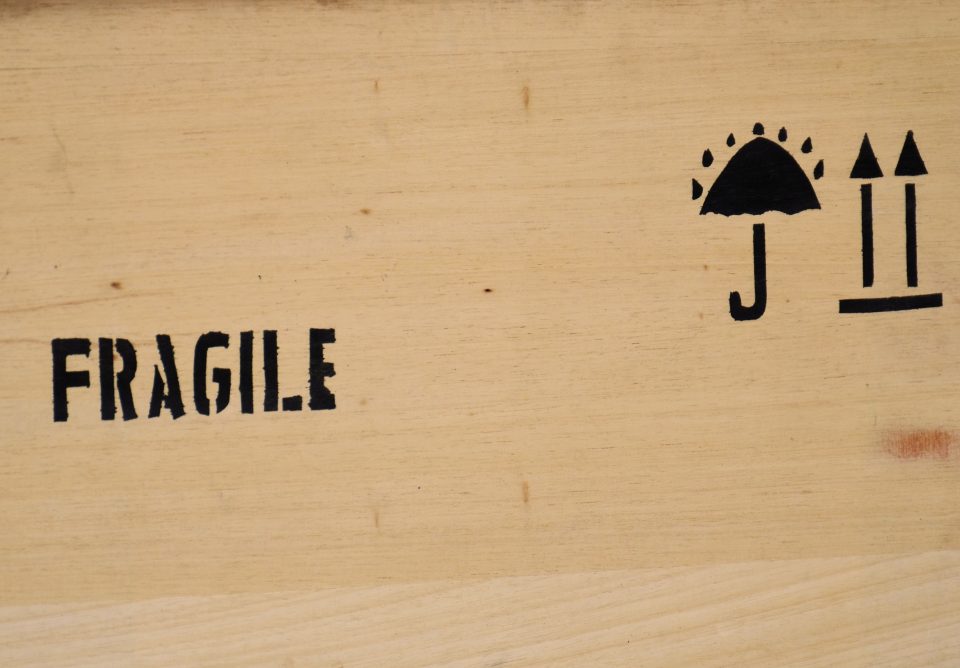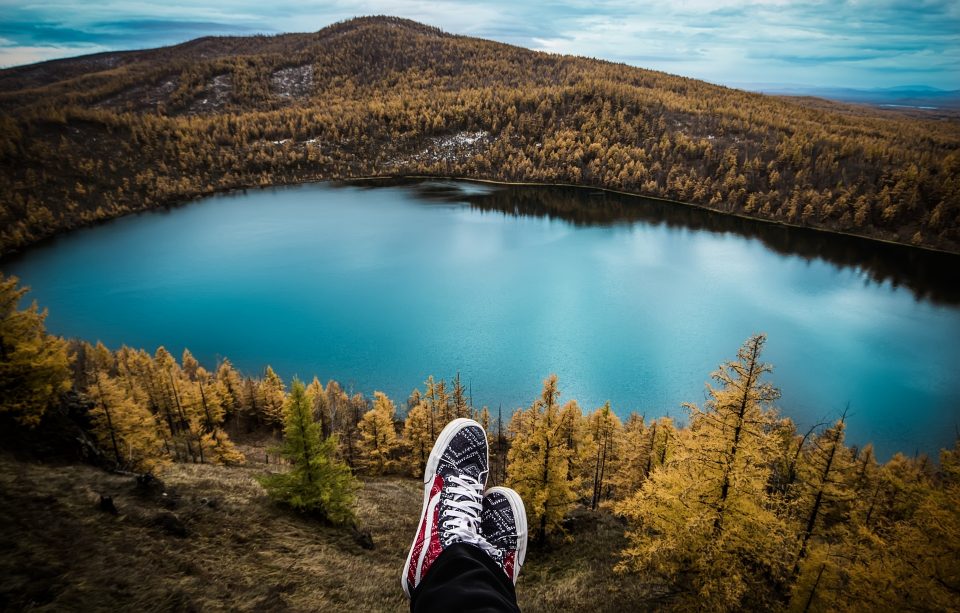Psalm 90:1-12 One of the most beautiful and yet hardest things about life right now is watching my incredible mum grow older, it’s hard to watch her not being so agile and being unsteady on her feet, don’t get me wrong for her age she does brilliantly, but it’s still tough to watch. One of the scariest moments is when …
Dust : Wor Yem : Day 9
Matthew 1:1-17 I am fascinated by family trees. It is partly the detective skills needed to try and work out who is who from the many millions of records available so you can build a picture of where you come from. It is also something about connecting with the past and those that have gone before us which can also …
Noisy : Wor Yem : Day 8
Jeremiah 3:25-28 Claire says: “When I first put my hearing aids in, I can hear everything: the swishing of my clothes, the creaking of my shoes, my hair against the hearing aids. After a while my brain filters that out and I don’t notice it anymore.” We all get used to the noisy around us, we filter it out. Those …
A few things!
Hi folks, I hope you are good! We have been trying to work out what to do on Sunday night, and after a bit of conversation and pondering we have decided to cancel Sunday@thepub this week, there is a certain football match going on. So that means next week the 11th December we will be gathering for Beer and Carols …
Rest : Wor Yem : Day 7
Matthew 11:28-30 One of the lessons I hoped to learn as we emerged from the pandemic, was the ability not to rush around so much, well it didn’t last long! Good intentions are all well and good! But maybe we are consumed by this need to be busy, it’s what society is built on, it’s been instilled in us from …
Reflect : Wor Yem : Day 6
Proverbs 27:9 Do you ever stop to reflect on who you are? Why you do what you do? Or the reason you are passionate about certain things? Many of us don’t take the time to stop and think about these things. It is often because we are so busy doing. Trying to complete our to do list or finding a …
Ache : Wor Yem : Day 5
Isaiah 9:2, 6-7 Our passage today opens us to the reality of darkness, it’s there in the first part of verse two, I wonder how you reflect on darkness? I think about being on a ship in the middle of the ocean in the middle of the night, bleak, yet beautiful. We hear a lot these days about mental health …
Stranger : Wor Yem : Day 4
Matthew 25:37-40 Orson Scott Card’s second book in the Ender’s Game series, Speaker for the Dead, is seen as a sci-fi classic. In Ender’s Game a young boy has been tricked into annihilating an entire alien species. Wracked with guilt he travels into the universe with his sister. His sister writes under the pseudonym – Demosthenes – trying to help …
Breathe : Wor Yem : Day 3
Genesis 2:7 Breathe in. Breathe out. Every single breathe we take fills us with life. With each one we take in the essential oxygen that keeps us alive. Breathing is so vital to our existence that we would die if we went a few minutes without the inhalation and exhalation of fresh air. In this verse from Genesis, that comes …
Drudge : Wor Yem : Day 2
Luke 2:1-5 Those who know me, know that I love the light nights and particularly the warmer weather, as the clocks go back and we have less light my mood shifts and life can feel like a bit of a drudge. I suspect most of us can relate to aspects of drudgery that we all face, whether it be the …









